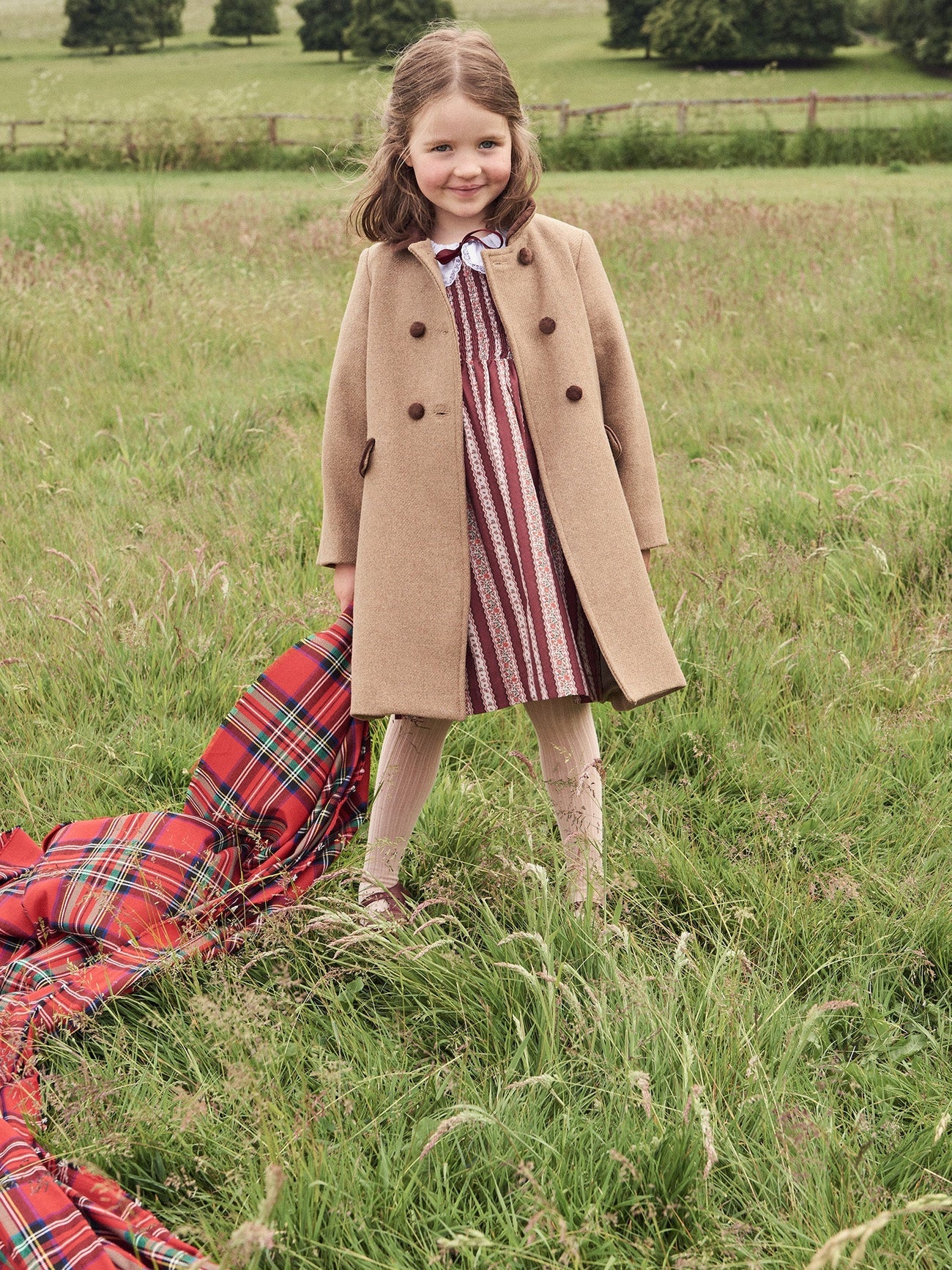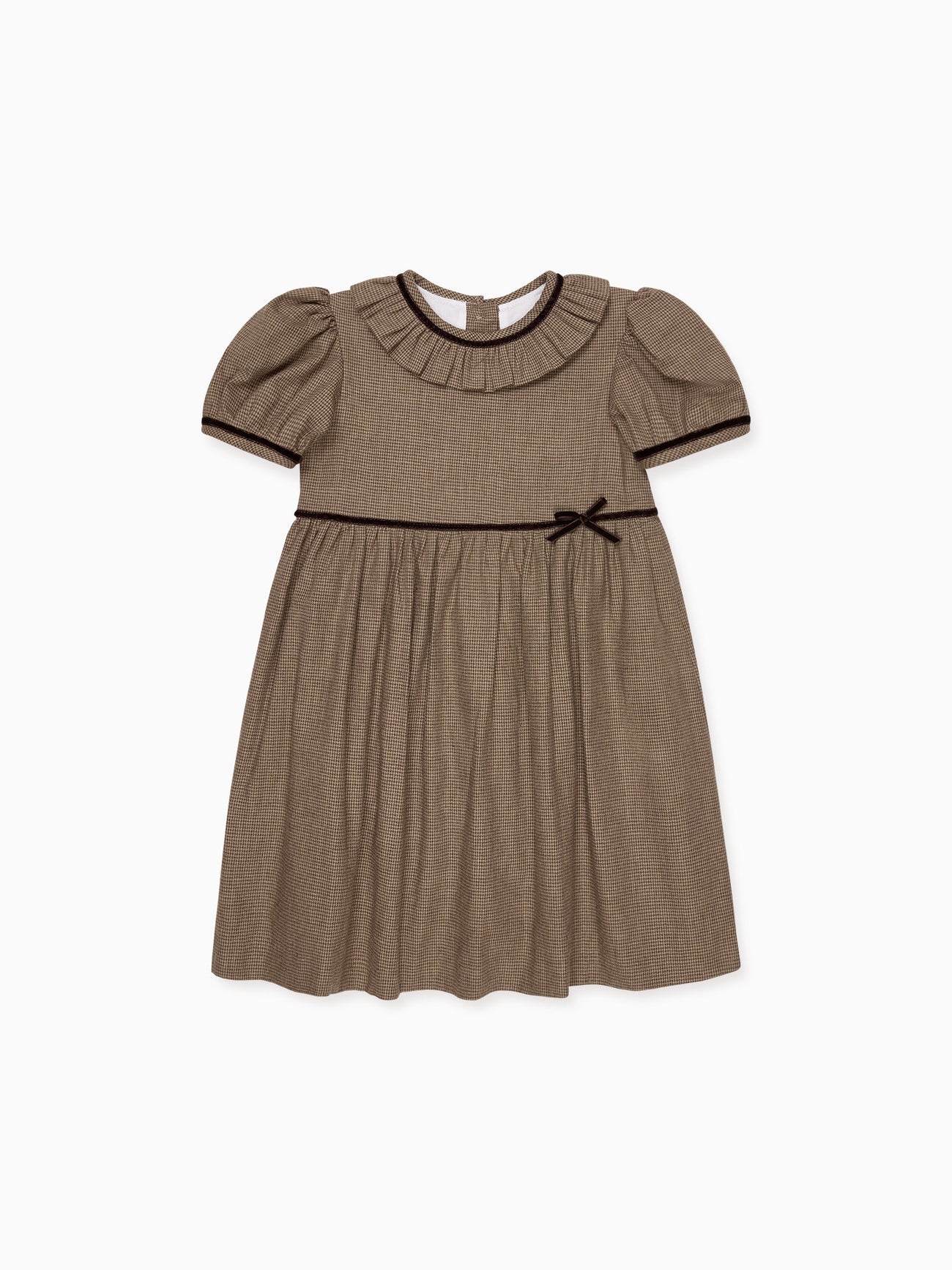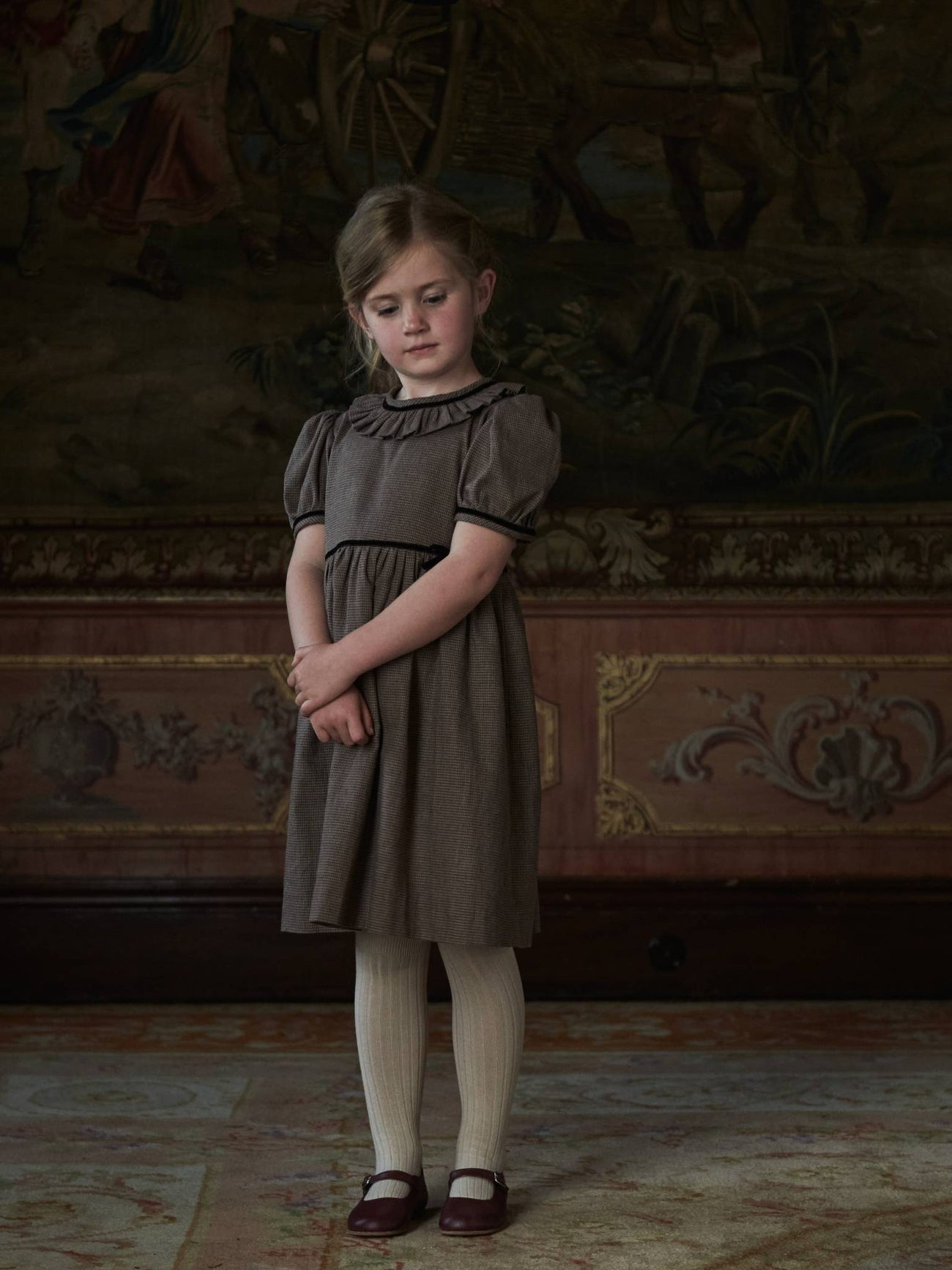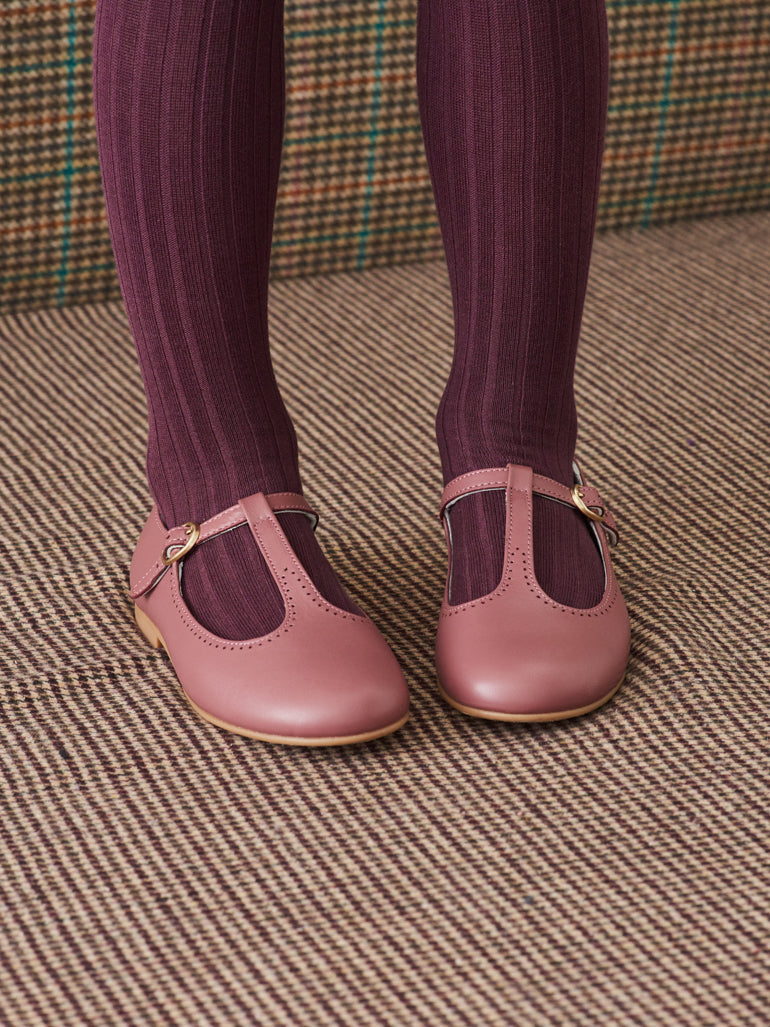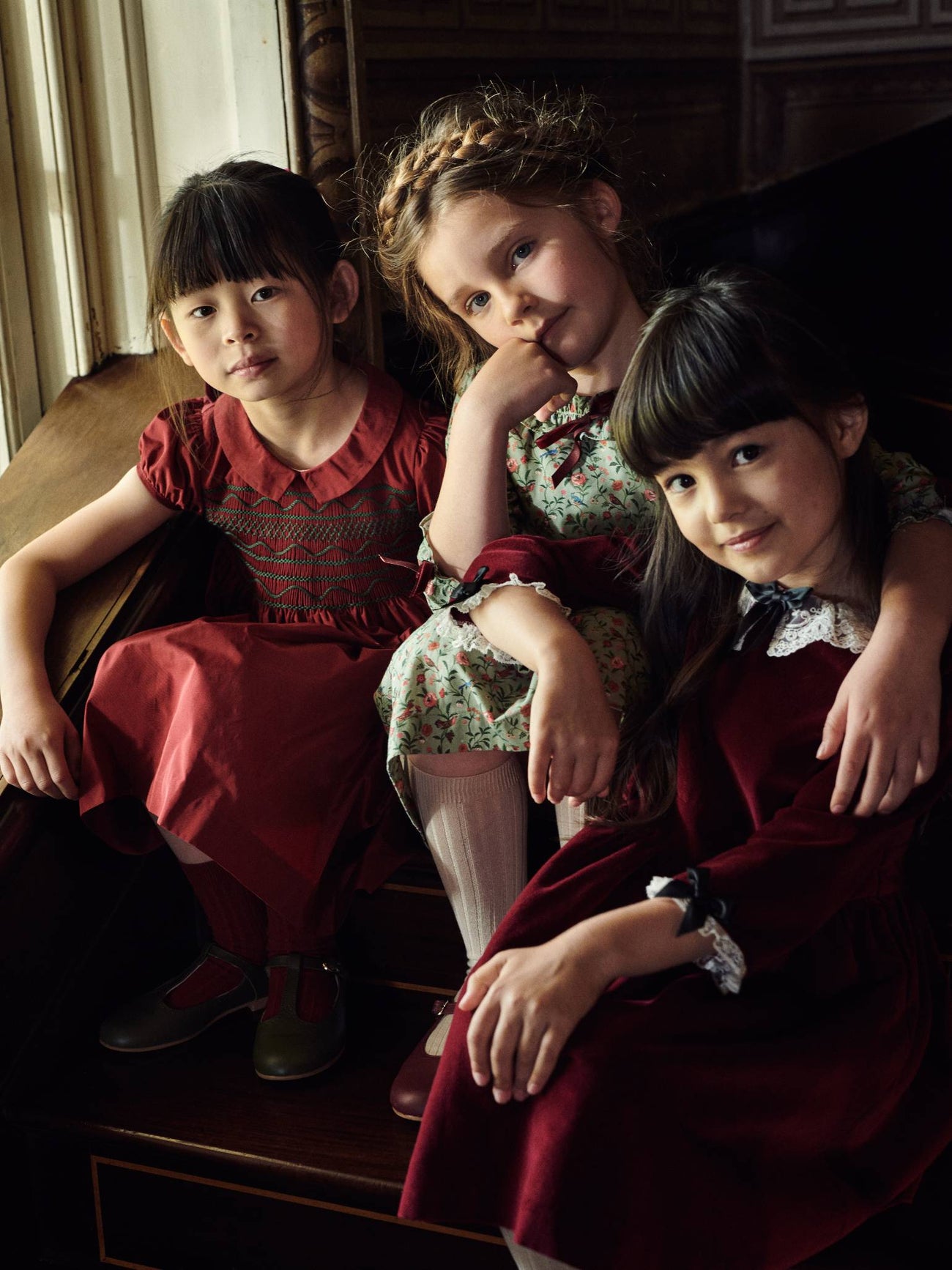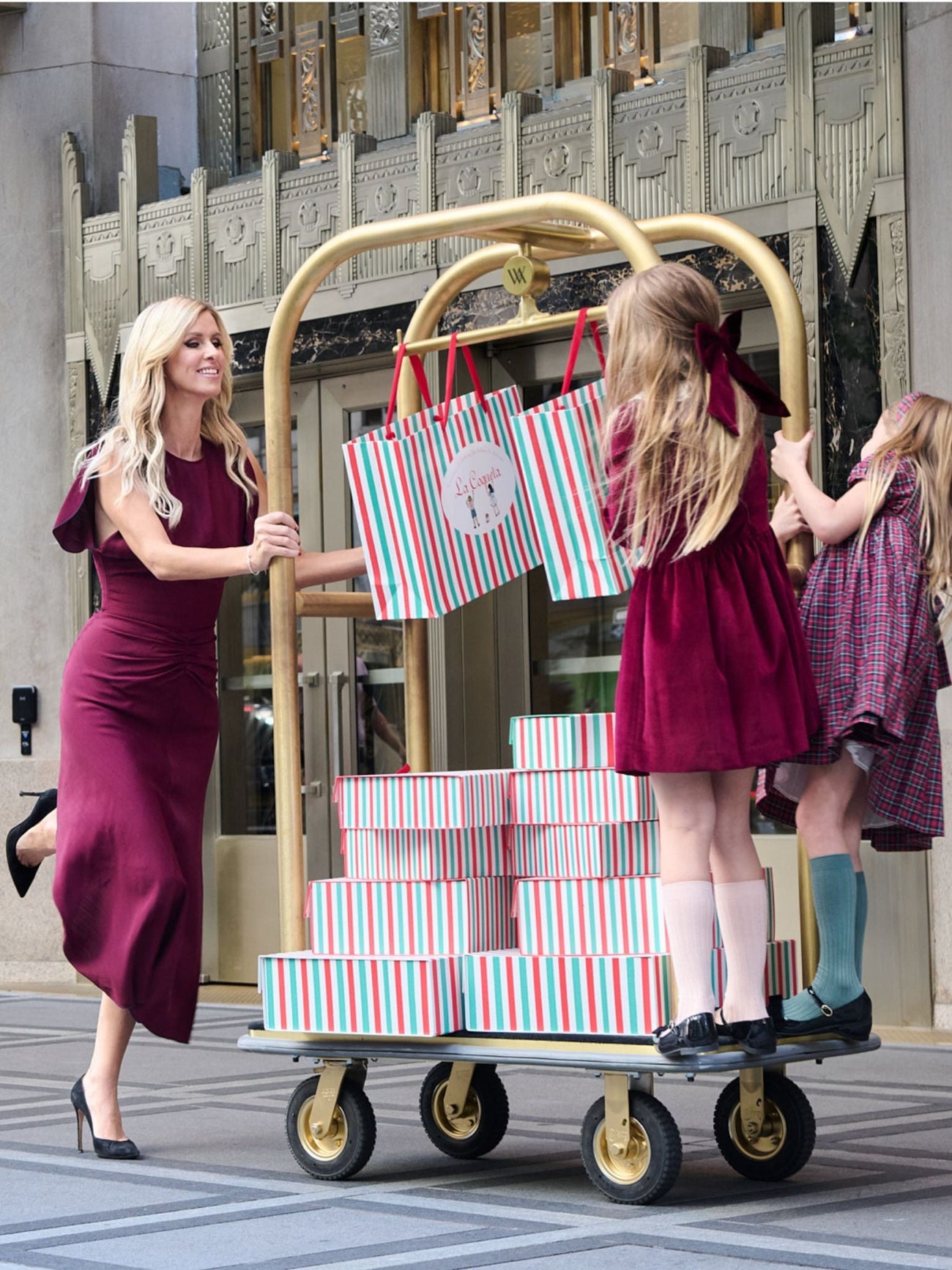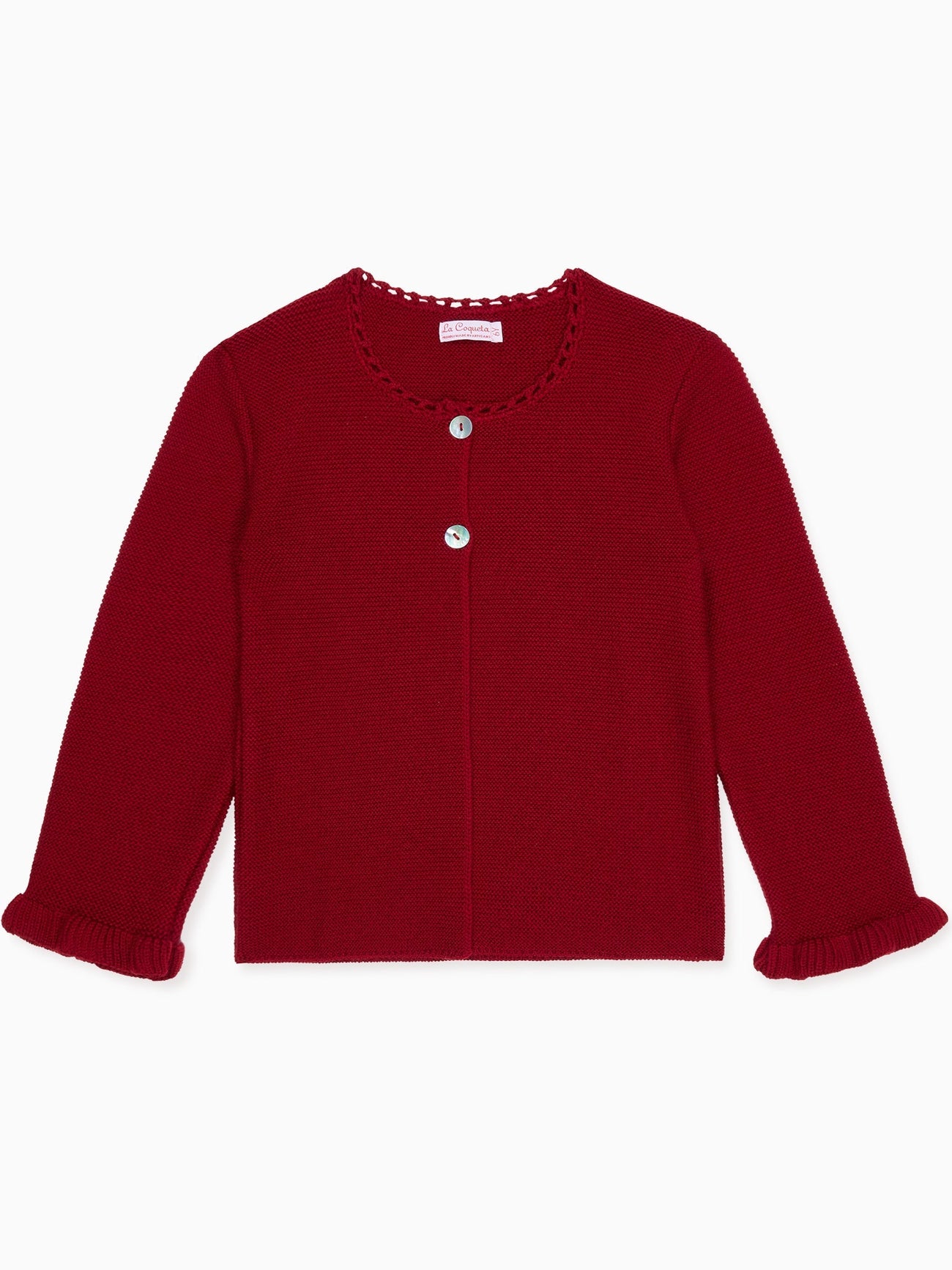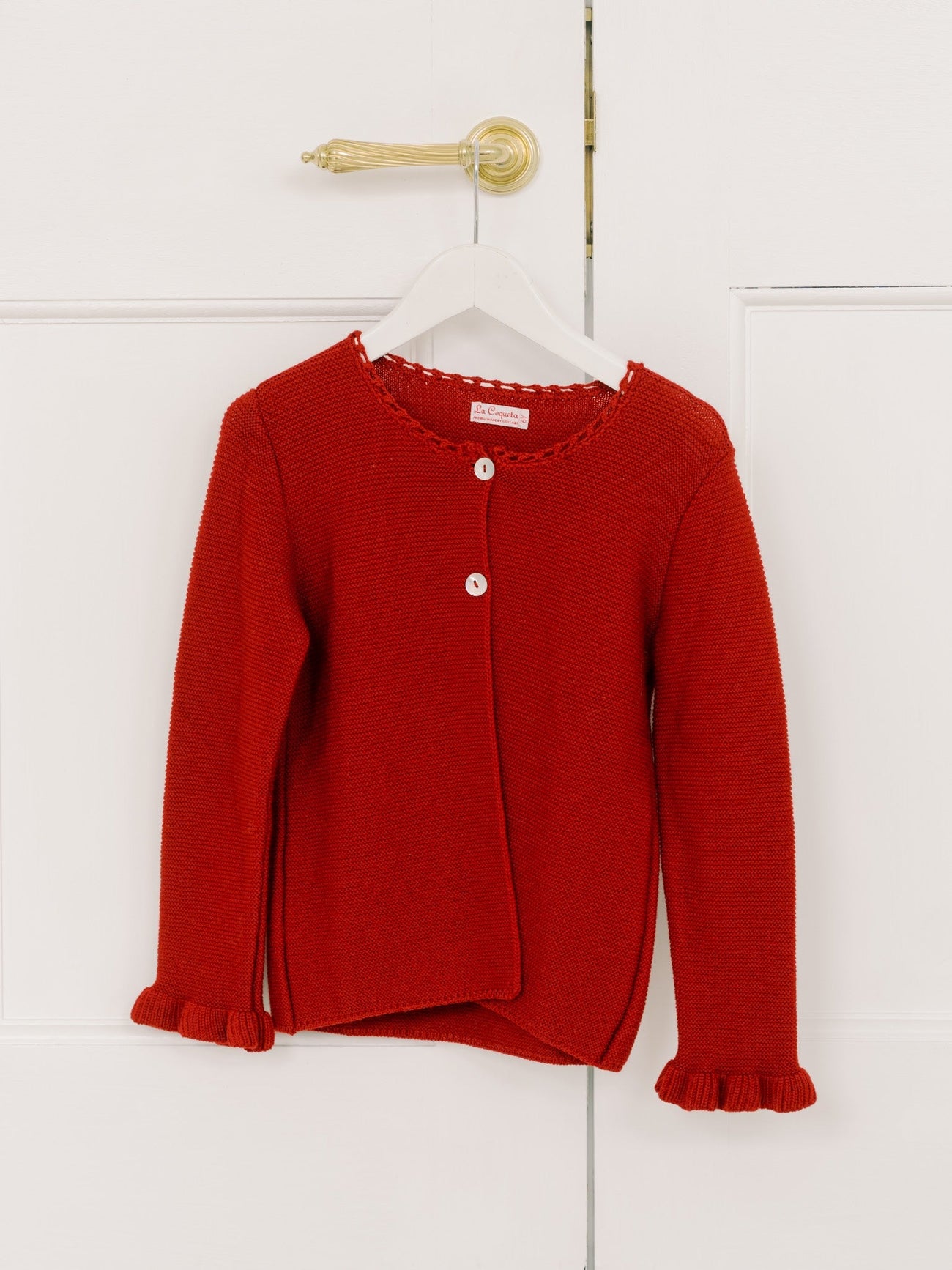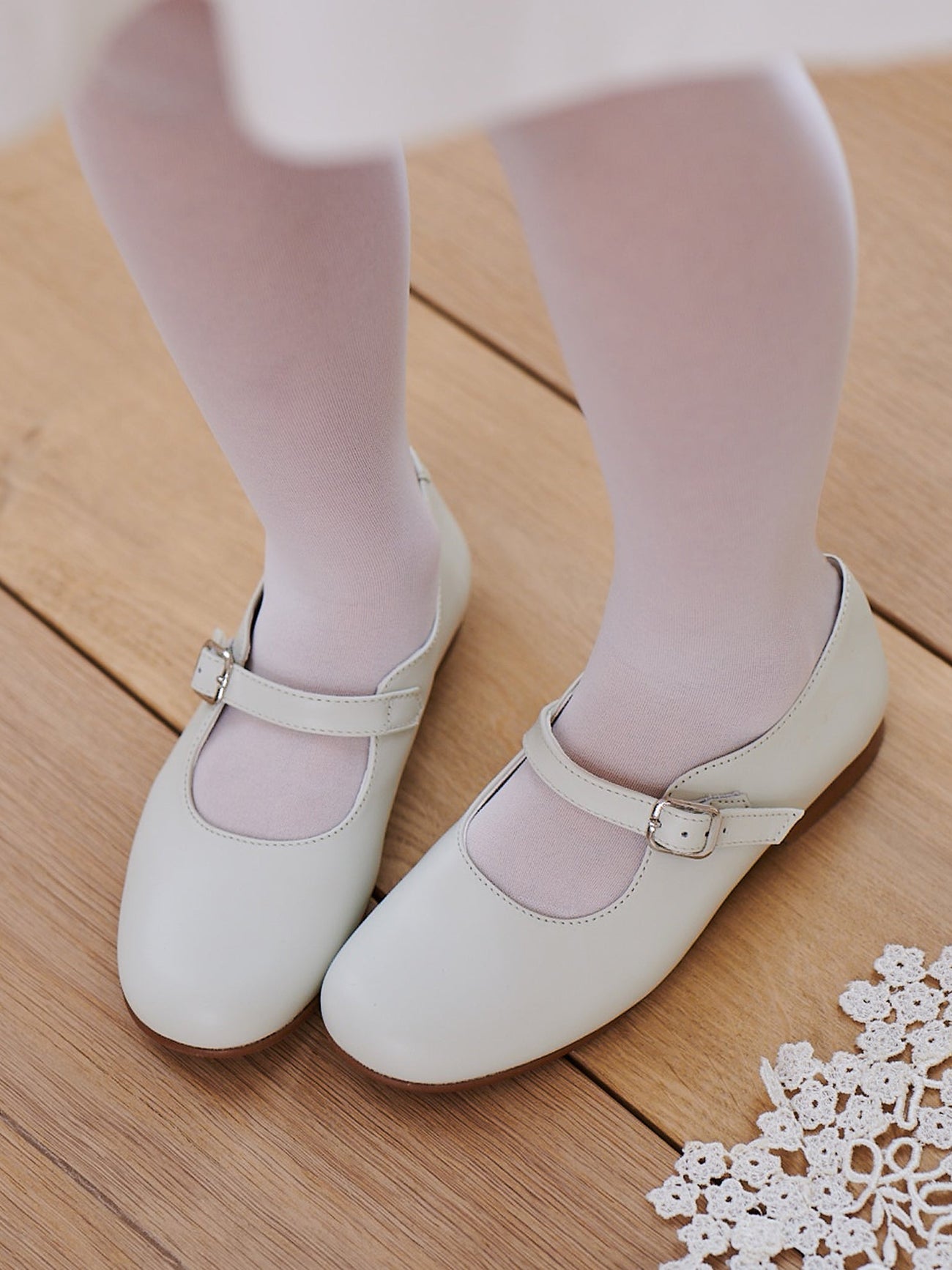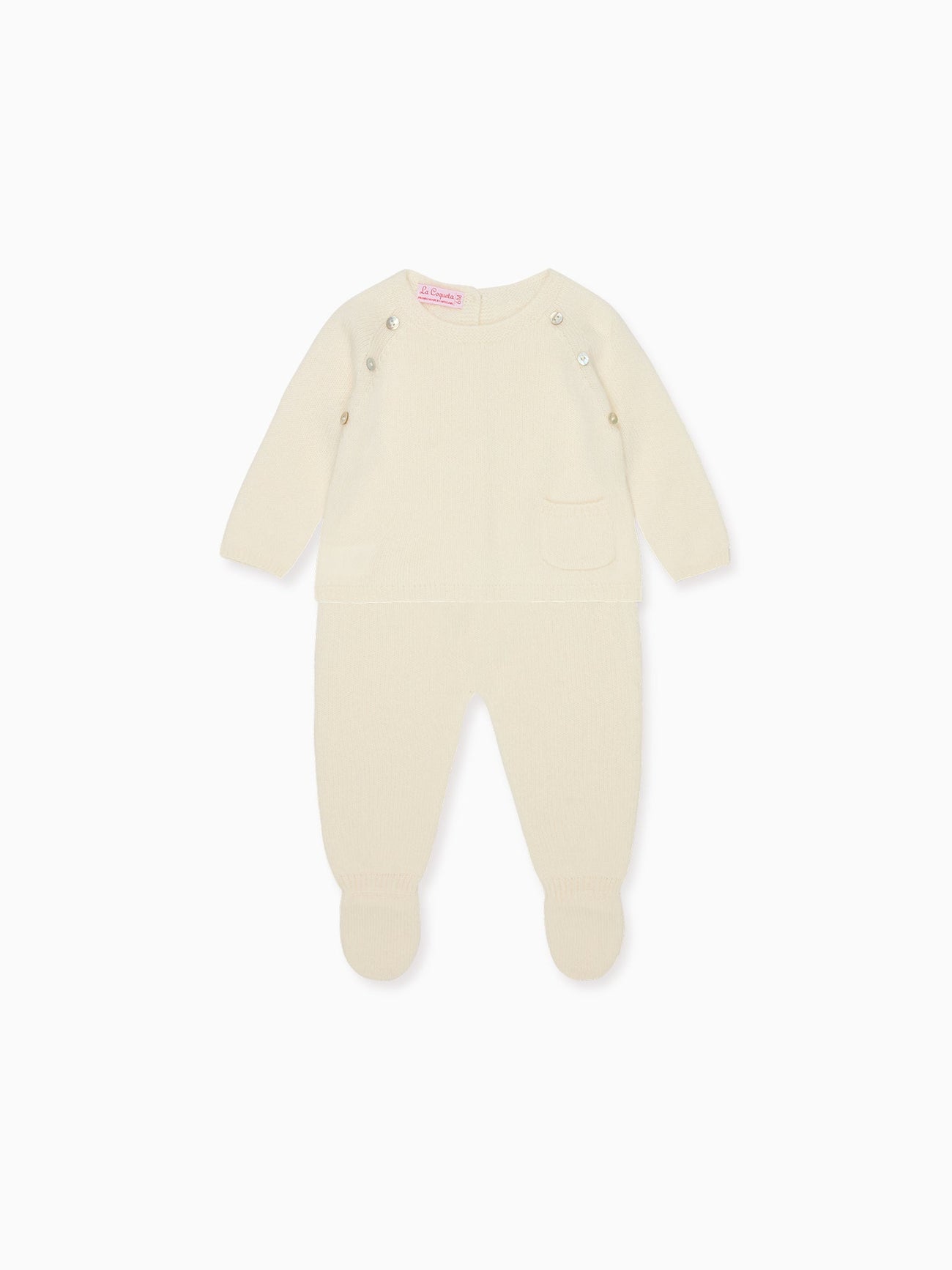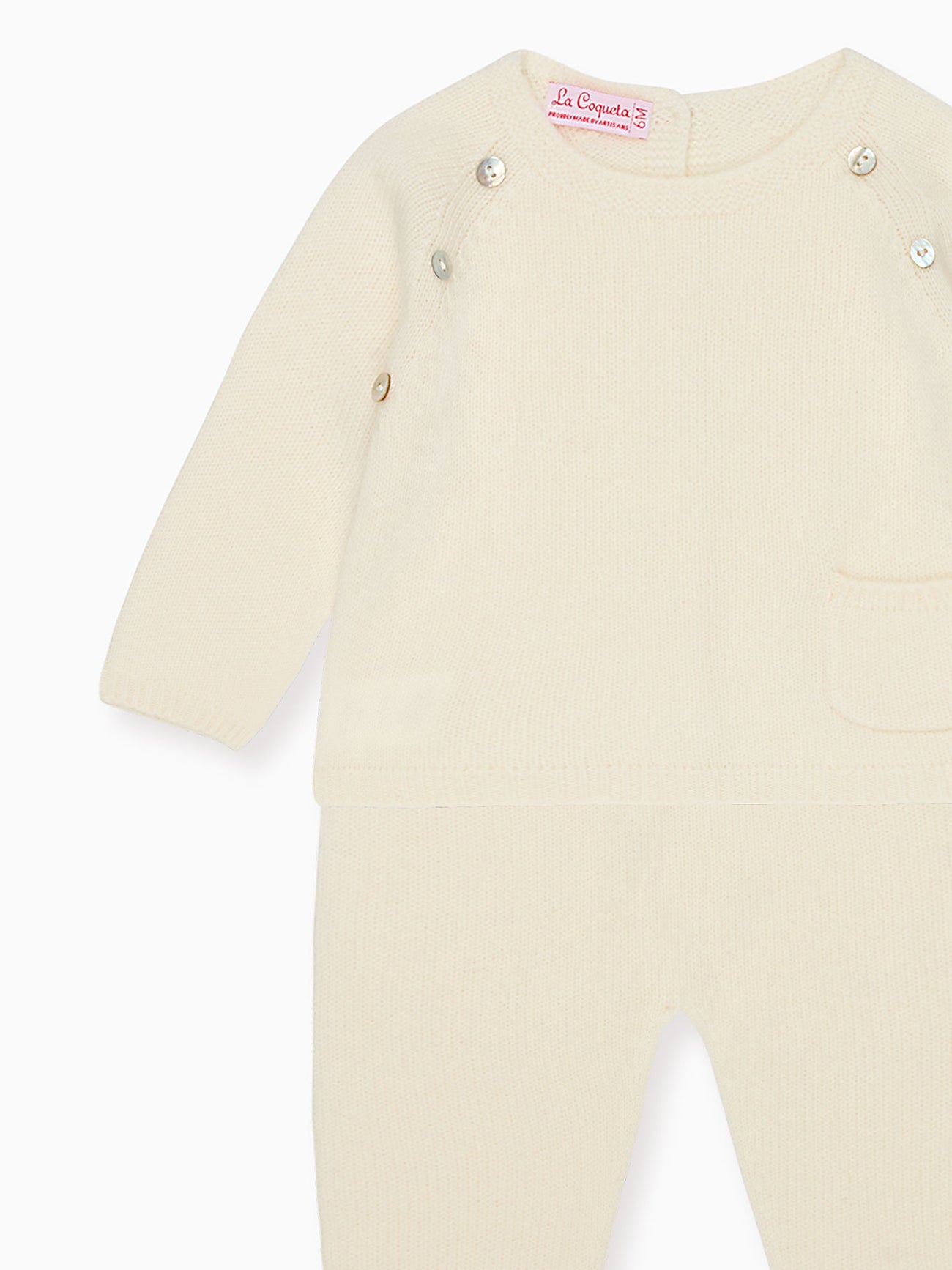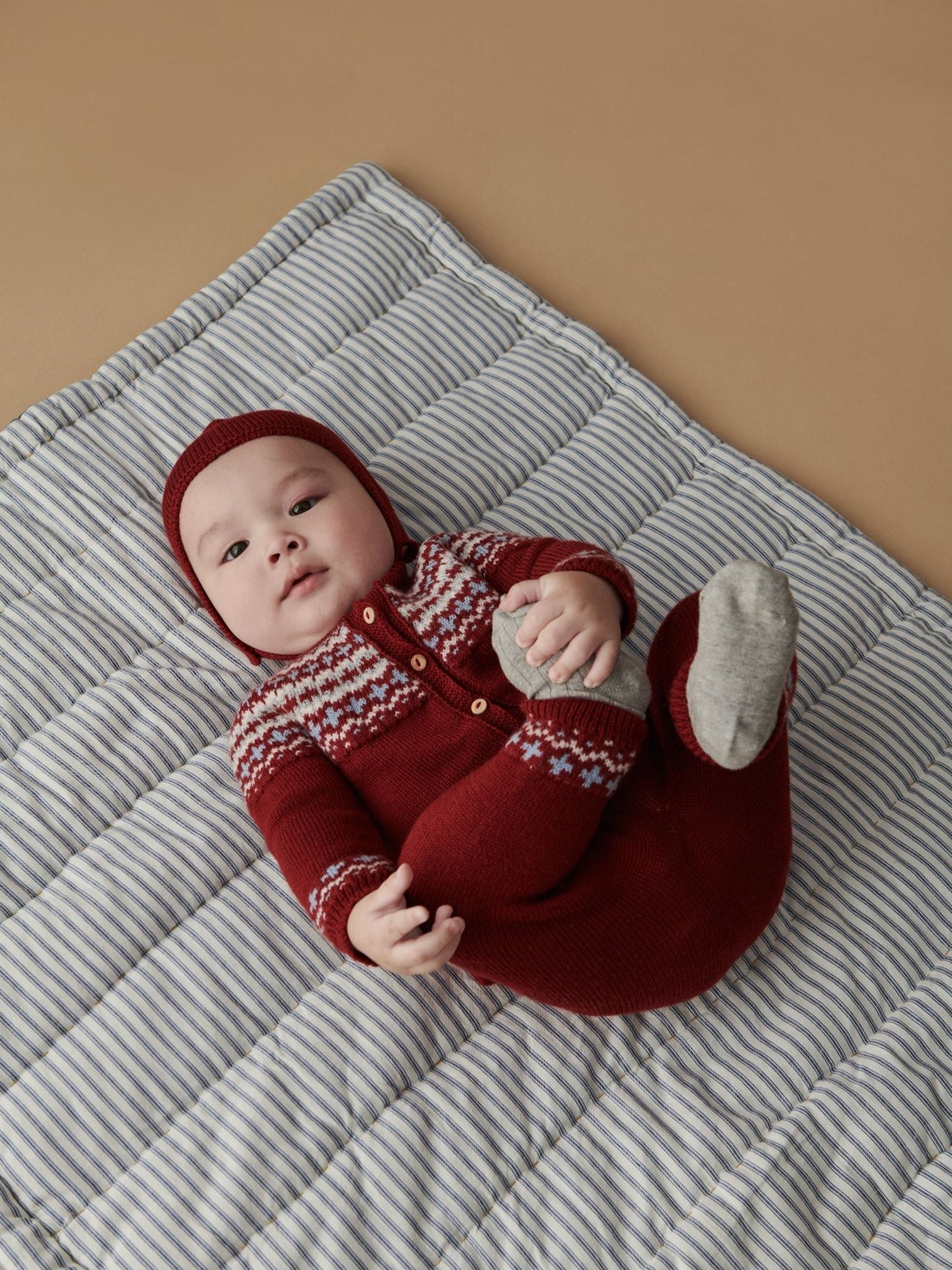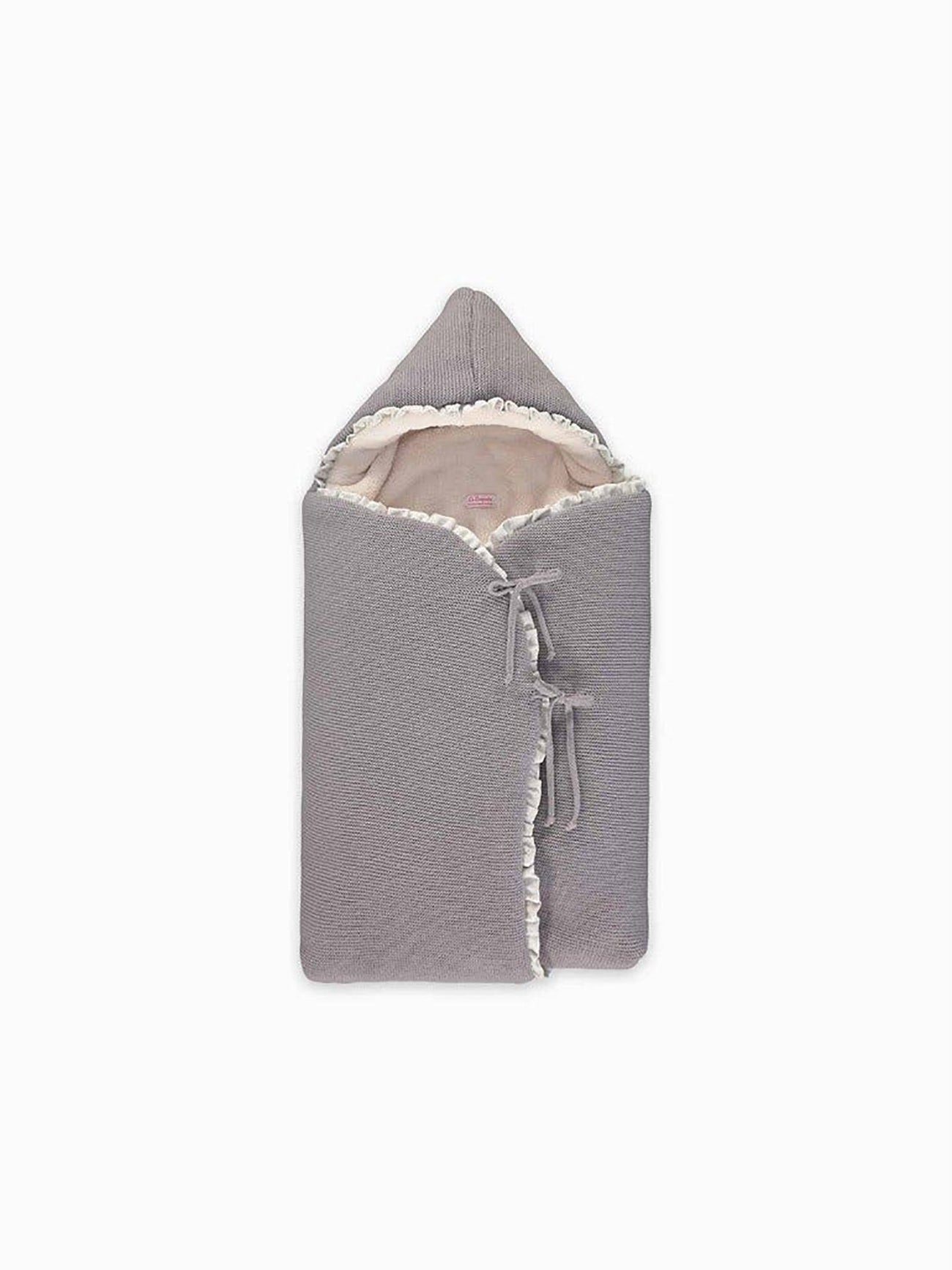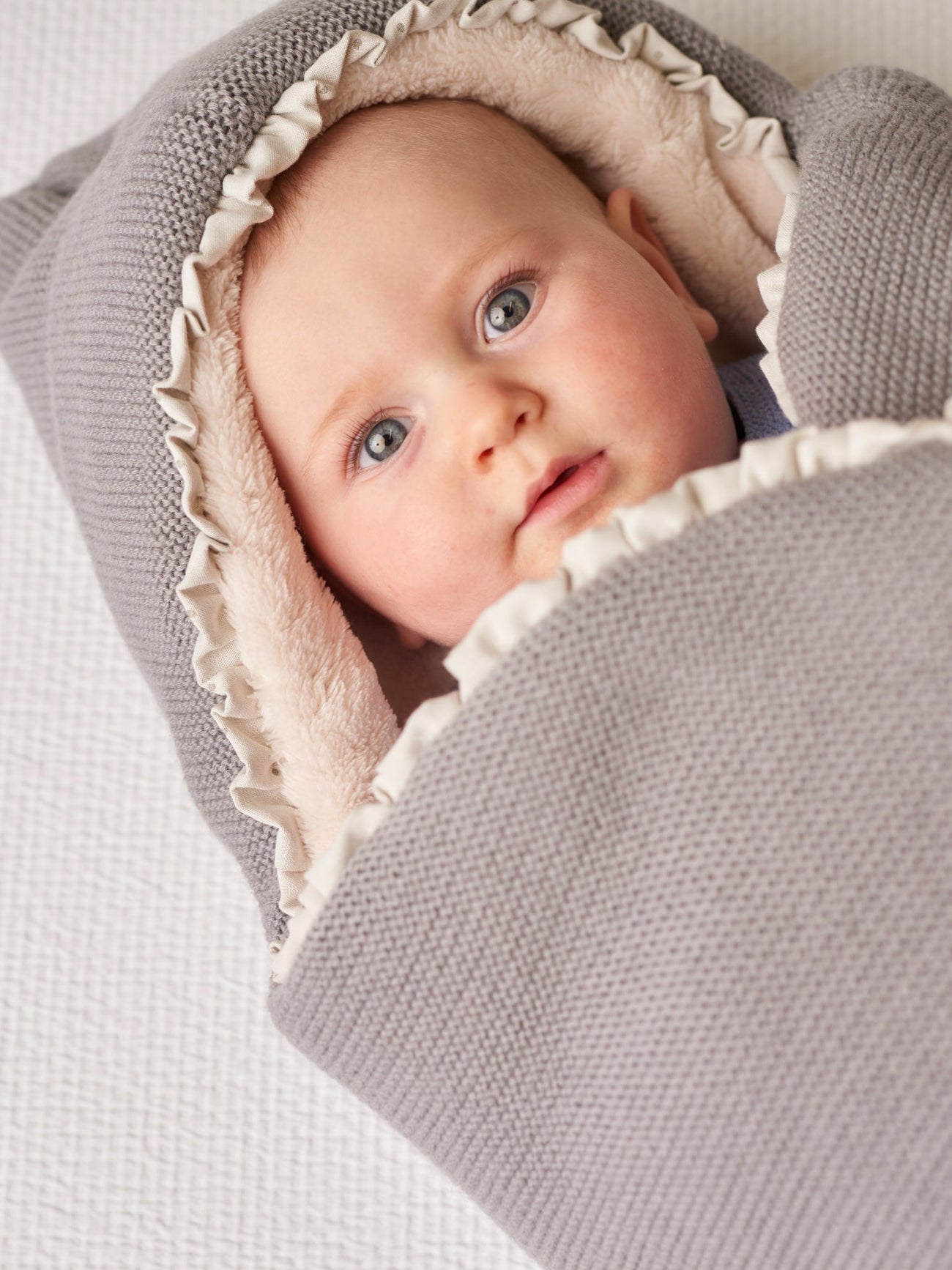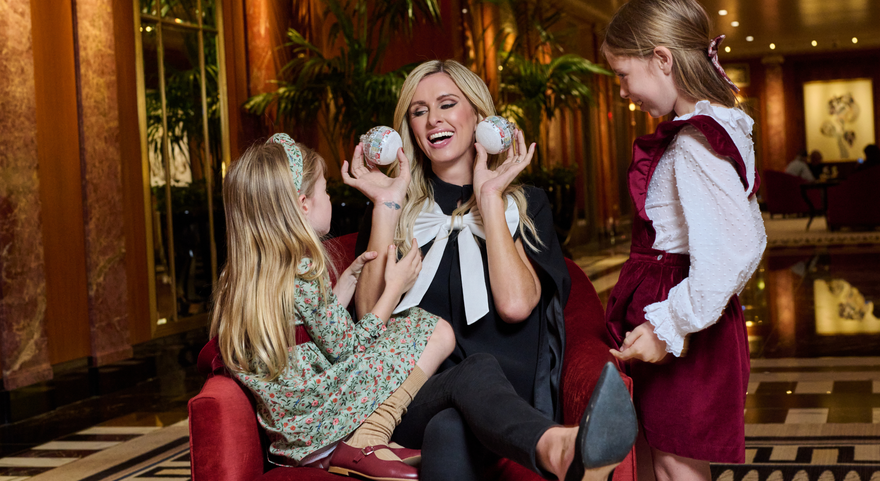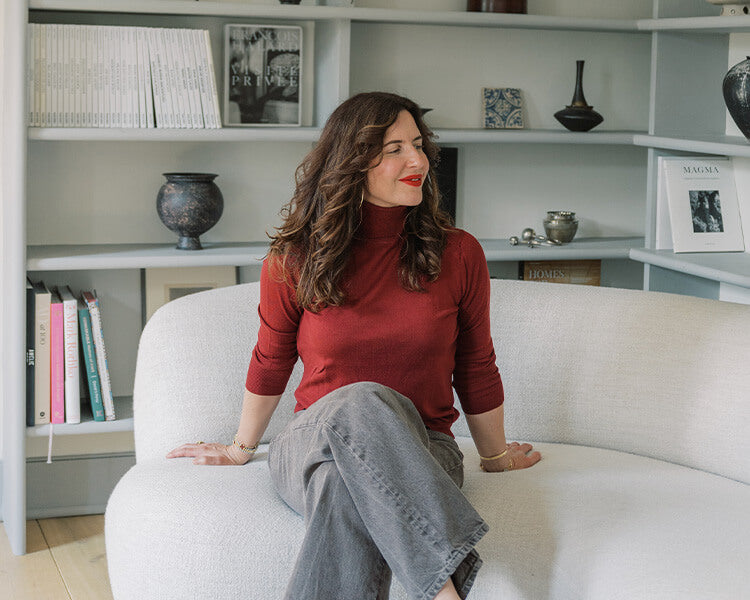The Psychology Mum's Back To School Checklist
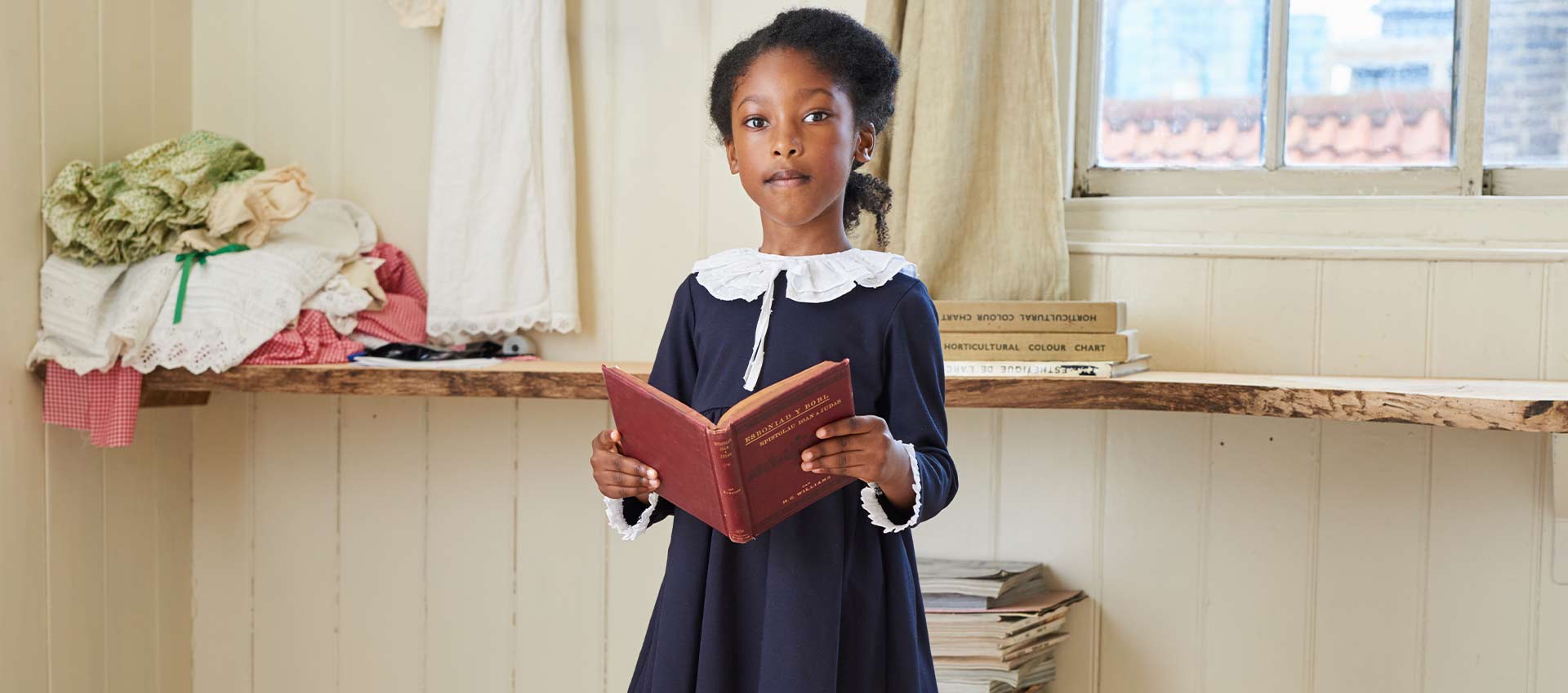
La Coqueta spoke to Clinical Psychologist Dr Emma Hepburn to discuss helpful tips to prepare you and your children for the return to school life.
-
Normalise your child’s feelings
Let them know that everybody feels worried or bad at times - even their favourite tv or popstar and the queen! Let them know this is completely normal feeling, that everyone experiences from time to time.
-
Validate their experience and feelings
It is very easy to fall into saying reassuring statements like “there’s nothing to be scared of”. However, these statements can minimise feelings and do not encourage open conversation about how children feel. Validating their emotion by acknowledging them can help children feel heard and supported. Validating statements can include:
“It sounds like you are a bit worried about going back to school. Lots of people feel worried when things change. But we can speak about these and find ways to work them out’
-
Ensure you do not minimise their feelings
We can easily slip into invalidating statements such as “don’t be a baby” or “don’t be silly”. Be mindful of the language you are using around emotions to ensure you are not minimising emotions.
-
Model Calmness
Children learn from behaviours. Showing your children you are calm and confident about them returning to school (even if you are feeling wobbly inside, which is okay!) guides how they will respond to the situation too. Make sure you are feeling calm before you talk to your child about the return to school.
-
Remind them of the facts
Let them know the facts in an age appropriate level. Let them know that schools are reopening as the scientists and government say this is a safe time for them to go back, remind them how they have learned to be safe, including washing hands, social distancing etc.
-
Focus on children and family strengths
Remind them about all the things you have managed as a family. Tell them how proud you are of them and how they have managed during recent times. Let them know that as family you will work together and manage through any future changes and challenges.
-
Praise their efforts
Focus on what they have done well. Praise them when they manage difficult challenges or speak to you about how they are feeling. Focusing on the effort rather than achievement is thought to be the most helpful form of praise.
-
Plan feel good activities
Speak to children about what they enjoy doing and what makes them feel good. Plan some simple fun activities with your children for during the week so that children have something to look forward to. It can also be nice to plan a fun activity you will do together after the first day of school.
-
Focus on the things they enjoy
Talk about the positive aspects of school they enjoy, such as seeing friends, games they enjoy and lessons and school activities they like. Ask them what they are looking forward to about going back to school. This can help children focus on and remember these positive aspects.
-
Prepare them for changes but also focus on what will stay the same
Use information provided by the school to talk through what will be different and support your child to prepare for this. For example, let them know what drop off and pick up will look like, any changes to break times and lunch etc. Talk or walk them through the specifics about what will happen when you can, for example the drop off routine. But also talk through what will be the same for them, as this can provide a sense of consistency.
-
Help them feel prepared
Involving your child in preparation can be fun for them and help them feel in control. You could have a special trip to choose their bag/ water bottle/ lunch items etc. Pack their bag or make their lunch together the day before. Lay out their uniform/ clothes the night before. Make this as fun as possible, for example set out their clothes like a person in a silly pose.
-
Spend time with them
If you can, try to allocate some individual time playing or doing activities chosen by your children in the run up to and first weeks of school (but ideally on a regular basis). This helps children feel safe and secure and it is often at these times you will pick up on worries or they will start to speak about things.
-
Help them prepare for challenges
Problem solve how children can manage worries. You can do this for specific worries children are expressing, such as not having a friend to play with at break time. You can also do this for more general worries, e.g. what they can do or who they can you speak to at school if they are worried, or uncertain about what to do.
-
Re-establish routines a few days before you go back
It is okay if routines have slipped during the holidays. By re-establishing these prior to school going back, you can minimise the changes that are happening at one time and create a settling routine prior to school.
-
Help develop coping strategies to regulate their emotions
You can practice calming activities and relaxation at home by making this as fun as possible. Relaxation activities can also be a helpful part of a bedtime routine.
There are lots of good ideas on this website:
Cosmic kids’ yoga on YouTube do lots of fun and easy to follow yoga and relaxation videos
-
Look after yourself
Being kind and compassionate to yourself and looking after your own needs is essential fo you as a parent. Talk through your own worries with people you trust. This may also be stressful time for you so ensure you look after your own wellbeing as much as you can. This is essential for you and to help your child.

